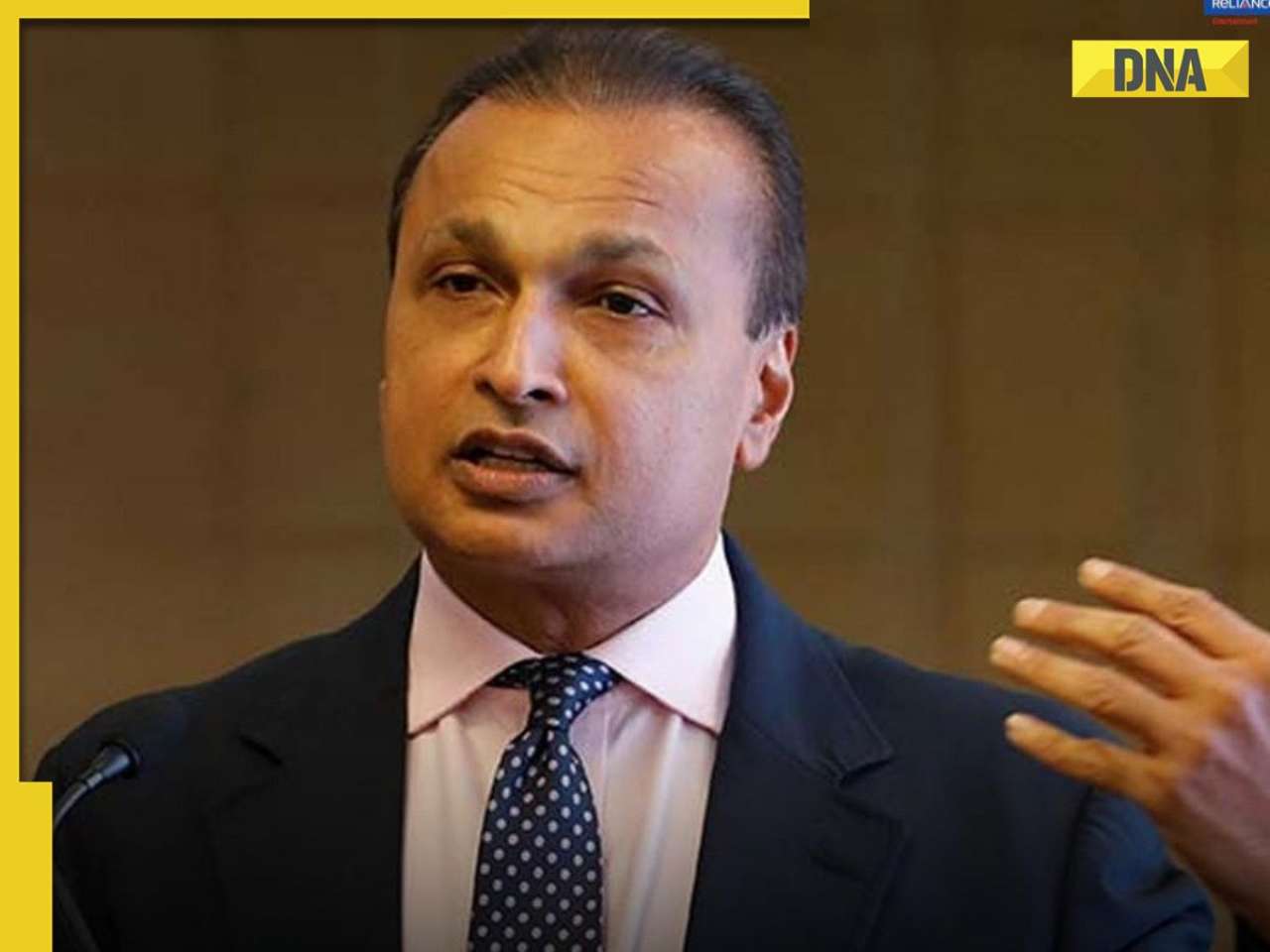German lesson for the English Bundesliga dominance is down to proper planning Premier League needs to start building at home.
The award to Wembley of a second Champions League final in three years was, in large part, an acknowledgement of the 150th anniversary of the Football Association. It is a birthday that is being celebrated with a variety of functions even if the party at Wembley last night was rather gatecrashed by Germany.
It was the first time that two Bundesliga clubs had contested the Champions League final and it has prompted renewed reflection on the direction of English football. Only Chelsea have progressed as far even as the quarter-finals of the Champions League over the past two years and, although they did go on to to triumph last season, there has clearly been a dip since what is increasingly looking like the golden age of English clubs in Europe from 2006 until 2009. Equally, it would be premature to suppose that we are seeing a definite and ongoing trend.
The sheer financial power of the Premier League will ensure that English clubs will again challenge strongly - and perhaps even again dominate - in the coming years. Christian Seifert, the chief executive of the Bundesliga, is cautious about predicting any great trend. "For us, it is a pretty new feeling," he said. "We hope that it is the beginning of a future where we can hopefully underline the strength of the Bundesliga.
"I think, without doubt, Bayern Munich are one of the best five clubs in the world. They have proved it very impressively, not only this season but reaching the final twice in the last three years. "We hope also Borussia Dortmund and some other Bundesliga clubs can also step up to that level and compete with the best teams in the world. We will have three sure starters next season and another who goes to the play-offs in the Champions League. When you start with three clubs, the goal is that at least two clubs go to the knockout stage.
"The Premier League still has much more money than the Bundesliga and, in the next years, the Premier League will be absolutely on top in terms of financial opportunities. Bayern Munich will be there for sure but hopefully we will have one or two other clubs with the financial opportunity to compete." It is worth noting that the wage bill of Borussia Dortmund remains lower than as many as seven clubs in the Premier League.
Simple economic reality dictates that clubs from the Premier League will challenge again. Yet what has been striking about the success of the Bundesliga clubs, and especially Dortmund and Schalke, is that they have challenged the old myth that many of the rules and regulations in German football were not compatible with success.
Even with much lower revenues (Bundesliga clubs earned pounds 1.74 billion in 2011-12 compared to the Premier League's pounds 2.4 billion), there has been much tighter financial control in Germany. In 2011-12, the clubs made a profit of pounds 47 million compared to the Premier League's loss of pounds 207 million.
The wage to revenue ratio of just 37% compared to the Premier League's 67% is also striking. With fan ownership part of the culture of German football, ticket-prices are kept at a level that can engage a much wider section of society with the experience of live football. Average attendances of 44,000 are the highest across Europe.
"I'm very satisfied that three clubs have shown that it is possible to combine financial responsibility with top-class sports performance," Seifert said. The foundation for that on-field performance has been provided by the success of the German academies.
It was notable that the programme for the final of the Champions League should include a three-page feature about the new National Football Centre at St George's Park that begins with the following declaration: "It's been described as English football's answer to Oxford and Cambridge." It is impossible to visit St George's Park and not feel inspired but the lingering doubt is whether the National Football Centre can sufficiently influence young players who spend the majority of their time training at a club.
Oxford and Cambridge have never had the academic equivalent of the Premier League taking their best talent for the majority of the year. In tackling a perceived crisis back in 2000, it was the Bundesliga academies that were specifically targeted. A whole series of new rules and structures were implemented regarding the quality of facilities and coaching that were an absolute condition of participation in the Bundesliga. The collective investment in the academies since 2000 stands at pounds 610 million.
As well as the increased success for the Bundesliga clubs in Europe, the German national team have provided the most consistent international challenge to Spain and will be among the favourites for the next World Cup. It was notable that, within the Dortmund team that beat Manchester City in this year's Champions League, there were 10 German players.
Similarly, there were six in the Bayern team that overcame Arsenal. All of the truly great club sides have had a nucleus of outstanding local players and, if there is one lesson that can be drawn from the Bundesliga's example this season, it is that there is still more to success in football than simply money.
![submenu-img]() This singer left Air Force, sang at churches, became superstar; later his father killed him after...
This singer left Air Force, sang at churches, became superstar; later his father killed him after...![submenu-img]() Indian-origin man says Apple CEO Tim Cook pushed him...
Indian-origin man says Apple CEO Tim Cook pushed him...![submenu-img]() Anil Ambani’s Rs 96500000000 Reliance deal still waiting for green signal? IRDAI nod awaited as deadline nears
Anil Ambani’s Rs 96500000000 Reliance deal still waiting for green signal? IRDAI nod awaited as deadline nears![submenu-img]() Most popular Indian song ever on Spotify has 50 crore streams; it's not Besharam Rang, Pehle Bhi Main, Oo Antava, Naina
Most popular Indian song ever on Spotify has 50 crore streams; it's not Besharam Rang, Pehle Bhi Main, Oo Antava, Naina![submenu-img]() Did Diljit Dosanjh cut his hair for Amar Singh Chamkila? Imtiaz Ali reveals ‘he managed to…’
Did Diljit Dosanjh cut his hair for Amar Singh Chamkila? Imtiaz Ali reveals ‘he managed to…’ ![submenu-img]() DNA Verified: Is CAA an anti-Muslim law? Centre terms news report as 'misleading'
DNA Verified: Is CAA an anti-Muslim law? Centre terms news report as 'misleading'![submenu-img]() DNA Verified: Lok Sabha Elections 2024 to be held on April 19? Know truth behind viral message
DNA Verified: Lok Sabha Elections 2024 to be held on April 19? Know truth behind viral message![submenu-img]() DNA Verified: Modi govt giving students free laptops under 'One Student One Laptop' scheme? Know truth here
DNA Verified: Modi govt giving students free laptops under 'One Student One Laptop' scheme? Know truth here![submenu-img]() DNA Verified: Shah Rukh Khan denies reports of his role in release of India's naval officers from Qatar
DNA Verified: Shah Rukh Khan denies reports of his role in release of India's naval officers from Qatar![submenu-img]() DNA Verified: Is govt providing Rs 1.6 lakh benefit to girls under PM Ladli Laxmi Yojana? Know truth
DNA Verified: Is govt providing Rs 1.6 lakh benefit to girls under PM Ladli Laxmi Yojana? Know truth![submenu-img]() Alia Bhatt wears elegant saree made by 163 people over 1965 hours to Met Gala 2024, fans call her ‘princess Jasmine’
Alia Bhatt wears elegant saree made by 163 people over 1965 hours to Met Gala 2024, fans call her ‘princess Jasmine’![submenu-img]() Jr NTR-Lakshmi Pranathi's 13th wedding anniversary: Here's how strangers became soulmates
Jr NTR-Lakshmi Pranathi's 13th wedding anniversary: Here's how strangers became soulmates![submenu-img]() Streaming This Week: Heeramandi, Shaitaan, Manjummel Boys, latest OTT releases to binge-watch
Streaming This Week: Heeramandi, Shaitaan, Manjummel Boys, latest OTT releases to binge-watch![submenu-img]() Remember Ayesha Kapur? Michelle from Black, here's how actress, nutrition coach, entrepreneur looks after 19 years
Remember Ayesha Kapur? Michelle from Black, here's how actress, nutrition coach, entrepreneur looks after 19 years![submenu-img]() Remember Heyy Babyy's cute 'Angel' Juanna Sanghvi? 20 year-old looks unrecognisable now, fans say 'her comeback will...'
Remember Heyy Babyy's cute 'Angel' Juanna Sanghvi? 20 year-old looks unrecognisable now, fans say 'her comeback will...'![submenu-img]() DNA Explainer: Why Harvey Weinstein's rape conviction was overturned, will beleaguered Hollywood mogul get out of jail?
DNA Explainer: Why Harvey Weinstein's rape conviction was overturned, will beleaguered Hollywood mogul get out of jail?![submenu-img]() What is inheritance tax?
What is inheritance tax?![submenu-img]() DNA Explainer: What is cloud seeding which is blamed for wreaking havoc in Dubai?
DNA Explainer: What is cloud seeding which is blamed for wreaking havoc in Dubai?![submenu-img]() DNA Explainer: What is Israel's Arrow-3 defence system used to intercept Iran's missile attack?
DNA Explainer: What is Israel's Arrow-3 defence system used to intercept Iran's missile attack?![submenu-img]() DNA Explainer: How Iranian projectiles failed to breach iron-clad Israeli air defence
DNA Explainer: How Iranian projectiles failed to breach iron-clad Israeli air defence![submenu-img]() This singer left Air Force, sang at churches, became superstar; later his father killed him after...
This singer left Air Force, sang at churches, became superstar; later his father killed him after...![submenu-img]() Most popular Indian song ever on Spotify has 50 crore streams; it's not Besharam Rang, Pehle Bhi Main, Oo Antava, Naina
Most popular Indian song ever on Spotify has 50 crore streams; it's not Besharam Rang, Pehle Bhi Main, Oo Antava, Naina![submenu-img]() Did Diljit Dosanjh cut his hair for Amar Singh Chamkila? Imtiaz Ali reveals ‘he managed to…’
Did Diljit Dosanjh cut his hair for Amar Singh Chamkila? Imtiaz Ali reveals ‘he managed to…’ ![submenu-img]() Watch: Arti Singh gets grand welcome at husband Dipak's house with fairy lights and fireworks, video goes viral
Watch: Arti Singh gets grand welcome at husband Dipak's house with fairy lights and fireworks, video goes viral![submenu-img]() Meet actress, who belongs to family of superstars, quit films after 19 flops, no single hit in 9 years; is still worth…
Meet actress, who belongs to family of superstars, quit films after 19 flops, no single hit in 9 years; is still worth…![submenu-img]() IPL 2024: Suryakumar Yadav's century power MI to 7-wicket win over SRH
IPL 2024: Suryakumar Yadav's century power MI to 7-wicket win over SRH![submenu-img]() DC vs RR, IPL 2024: Predicted playing XI, live streaming details, weather and pitch report
DC vs RR, IPL 2024: Predicted playing XI, live streaming details, weather and pitch report![submenu-img]() Watch: Team India’s new jersey for T20 World Cup 2024 unveiled
Watch: Team India’s new jersey for T20 World Cup 2024 unveiled![submenu-img]() DC vs RR IPL 2024 Dream11 prediction: Fantasy cricket tips for Delhi Capitals vs Rajasthan Royals
DC vs RR IPL 2024 Dream11 prediction: Fantasy cricket tips for Delhi Capitals vs Rajasthan Royals![submenu-img]() IPL 2024: Kolkata Knight Riders take top spot after 98 runs win over Lucknow Super Giants
IPL 2024: Kolkata Knight Riders take top spot after 98 runs win over Lucknow Super Giants![submenu-img]() Indian-origin man says Apple CEO Tim Cook pushed him...
Indian-origin man says Apple CEO Tim Cook pushed him...![submenu-img]() Meet man whose salary was only Rs 83 but his net worth grew by Rs 7010577000000 in 2023, he is Mukesh Ambani's...
Meet man whose salary was only Rs 83 but his net worth grew by Rs 7010577000000 in 2023, he is Mukesh Ambani's...![submenu-img]() Job applicant offers to pay Rs 40000 to Bengaluru startup founder, here's what happened next
Job applicant offers to pay Rs 40000 to Bengaluru startup founder, here's what happened next![submenu-img]() Viral video: Family fearlessly conducts puja with live black cobra, internet reacts
Viral video: Family fearlessly conducts puja with live black cobra, internet reacts![submenu-img]() Woman demands Rs 50 lakh after receiving chicken instead of paneer
Woman demands Rs 50 lakh after receiving chicken instead of paneer















































)
)
)
)
)
)